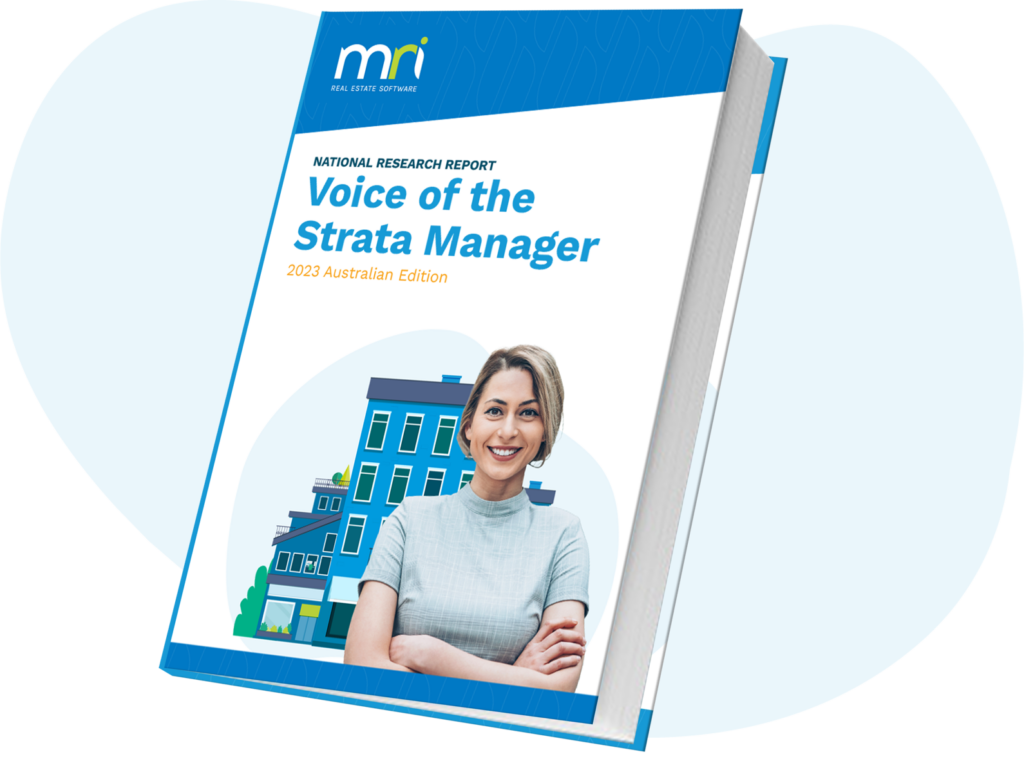What is bad debt recovery?
One of the main responsibilities you have as a property manager is ensuring your customers’ investments remain profitable. The ideal scenario is that they have a steady flow of income from rental payments, but when a tenant defaults on their lease do you have measures in place to help your customers recover them?
Having a debt collection strategy is important for any agency for a couple of reasons – it increases debt recovery rates, helps in creating an efficient arrears and debt management process and helps maintain a positive relationship with your customers. Let’s take a look at ways to help you manage and recover bad debts.
1. Screen your tenants carefully
Integral to successful debt management is limiting your risk to it in the beginning and a thorough screening of tenancy applications is key. Aside from relying on the information given by applicants, using data-backed records for your investigation can give you a closer look at their financial health. Your research may include requesting credit reports and utilising the service of a tenant database. These resources allow you to view information relating to a future tenant’s capacity for payment and repayment as well as tenancy history, helping you make an informed decision before approving a tenancy.
2. Establish an efficient process in handling arrears
A tenant incurring rental arrears is not uncommon, but that doesn’t mean you should easily shrug it off. Managing arrears early on is usually the first step in controlling bad debts. It is important that your agency has an efficient system and use best practices following state laws and regulations.
In Queensland, for instance, the Residential Tenancies and Rooming Accommodation (RTRA) states that action can only be taken against a tenant when they are seven days behind their rent payments. For NSW, it is more than 14 days behind as outlined by the NSW Fair Trading. The rules differ state to state, but prior to this period it is considered good practice to send arrears notices either through phone calls, SMS or email to inform tenants of their overdue rent and avoid further legal action. It is also a good idea to utilize outstanding arrears data provided by property management software dashboards so your agency can be more proactive in mitigating them.
3. Refine your collection process
Once a tenant does fall into debt despite early mitigation measures, it is time to take action. An important thing to remember once you get to this stage is to be firm and consistent in your implementation, which means that you should have a finely tuned collection process in place. Here are a few tips that you can follow in refining your bad debt collection strategy:
- Study which debt recovery method is best for you The Australian Competition and Consumer Commission recommends two ways: One is through the court system, which is regulated by both the courts and state/territory law and help you avoid infringing any laws and ensure you follow collection best practices. The other is through a debt collection agency. When using the latter, the guideline also outlines your responsibilities as the original creditor. More can be read in the ACCC’s debt collection guideline.
- Consider the services of debt collection agencies Debt collection agencies specializes in debt recovery and can be a good option to consider if you have the budget and/or will need expert help. Establish benchmarks on when a delinquent tenant should go to a third-party collection agency. The Department of Industry, Innovation and Science (DIIS) outlines a simple guide on when it might be best for you to use a debt collection service.
- Be accurate and realistic in determining monies owed. Not all tenants who fall into bad debt do so in bad faith. Often it is due to unemployment or medical issues that renders them unable to fulfill their financial obligations. It is important then to consider these cases when trying to recover debt and avoid adding high penalties and fees, even if allowed by your lease. The ACCC stands by this and encourages businesses to be fair in their approach to debt collection and to negotiate a “meaningful and sustainable” payment arrangement. It has also been proven that lower balances will increase debt recovery rate, so don’t demand more than you have to.
- Consider repayment schemes You can also consider repayment plans that the landlord and defaulting tenant can agree on. These schemes allow tenants to pay monies owed over a period of time, on top of their normal rent payments. Always check with your state’s laws for such arrangements.
- Audit defaulting tenancies Perform an audit of defaulting tenants to gain insights on how often accounts are being sent to 3rd party collection firms or whether charging future rent or high penalties adversely affect your past due accounts being recovered.
4. Leverage technology to improve collection process
Leveraging technology should be part of any debt collection strategy. While you can invest in specialized systems, you might find that a comprehensive property management software is a cost-effective tool to help you efficiently manage rental arrears and debts.
Features like automated communications for example, are a great way to send out timely notifications so both you and your tenants don’t miss out on important deadlines. A document management system, meanwhile can help you store complete and accurate data and files during a tenant’s residency which you can provide collection agencies to help resolve disputes and prevent further delays in your debt collection.
In conclusion
Recovering bad debts is never an easy task. It requires diligent action on your part as well as strict adherence to laws and collection best practices. Putting these into mind when drafting your agency’s debt collection process ensures that you find a workable solution and an achievable rate of return target for your customers.
Looking for a solution to make property management easier? Try Property Tree, Australia’s leading cloud based property management software. Book a demo and see the MRI difference.
Multi-discipline technology for property owners, investors and occupiers.Property Management Software

Voice of the Strata Manager Report – 2023 Australian Edition
Strata management is a role of growing importance, value and influence in the Australian property landscape. Strata managers are responsible not just for managing the assets, maintenance, compliance and safety of Australia’s residences, but through t…

